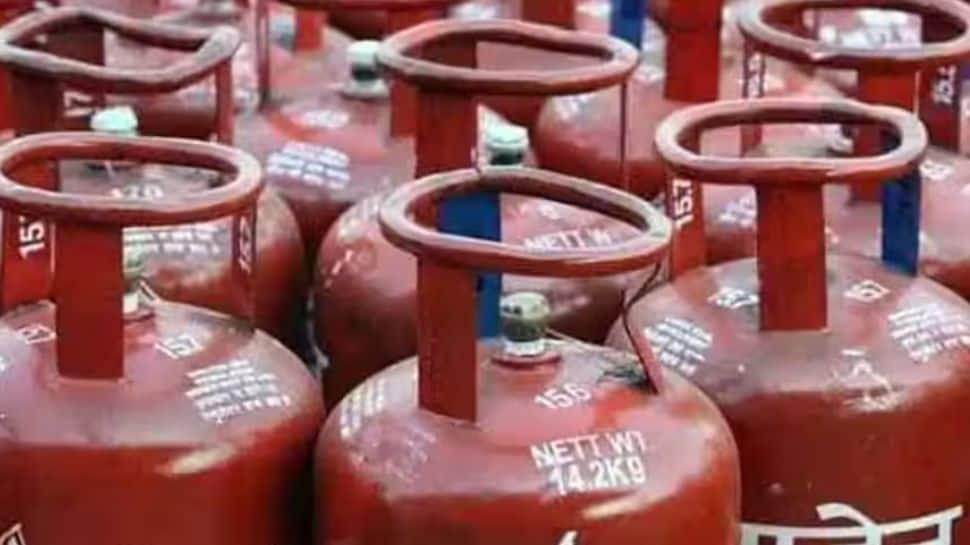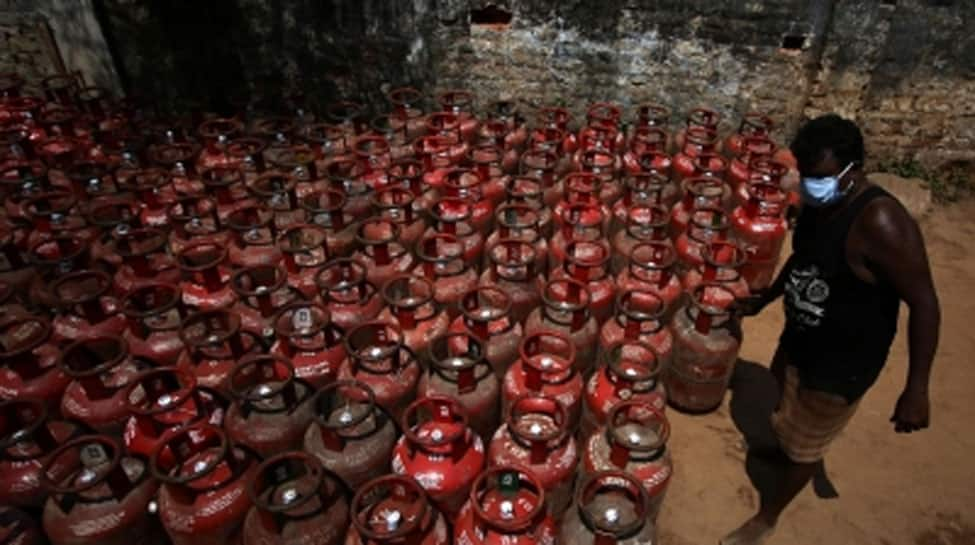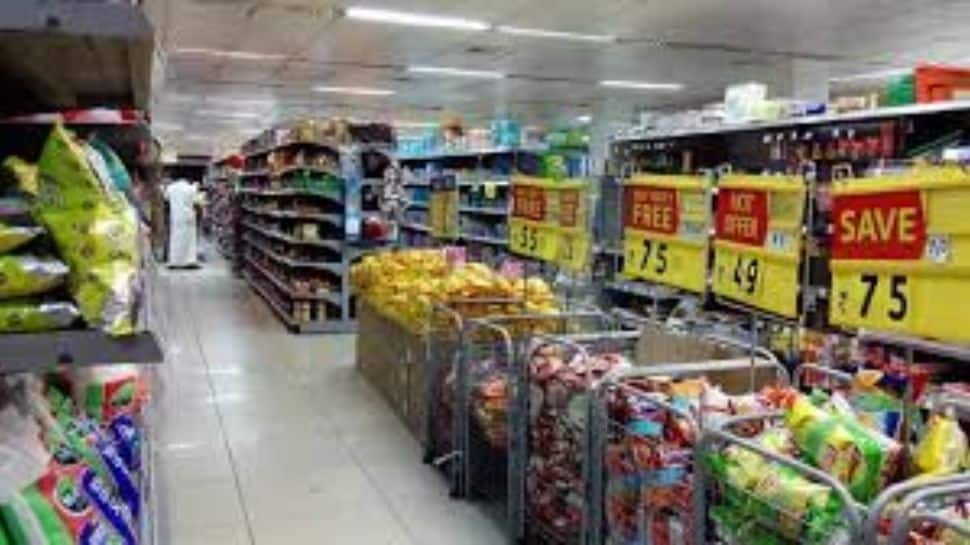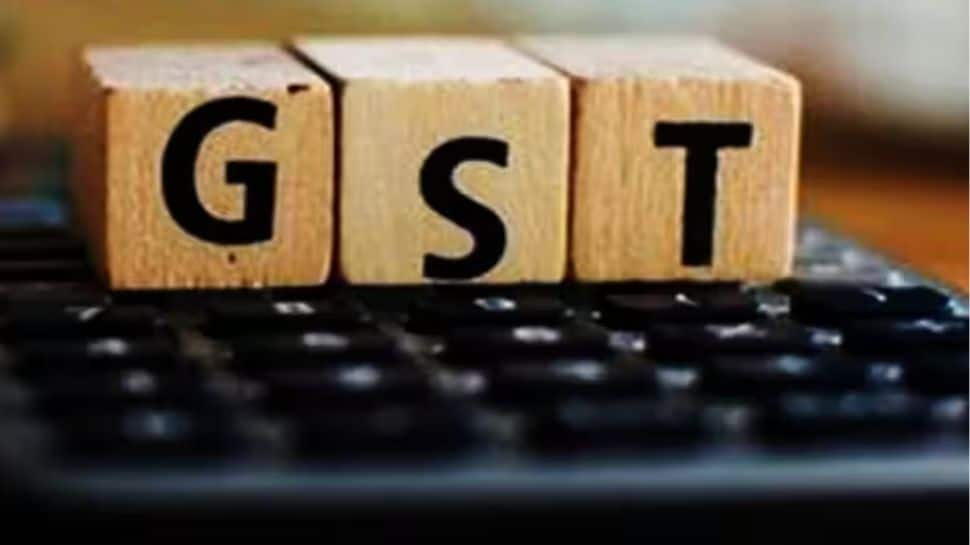Business
LPG Distributors Seek GST Rate Cut On Pipe Hoses From 18% To 5%
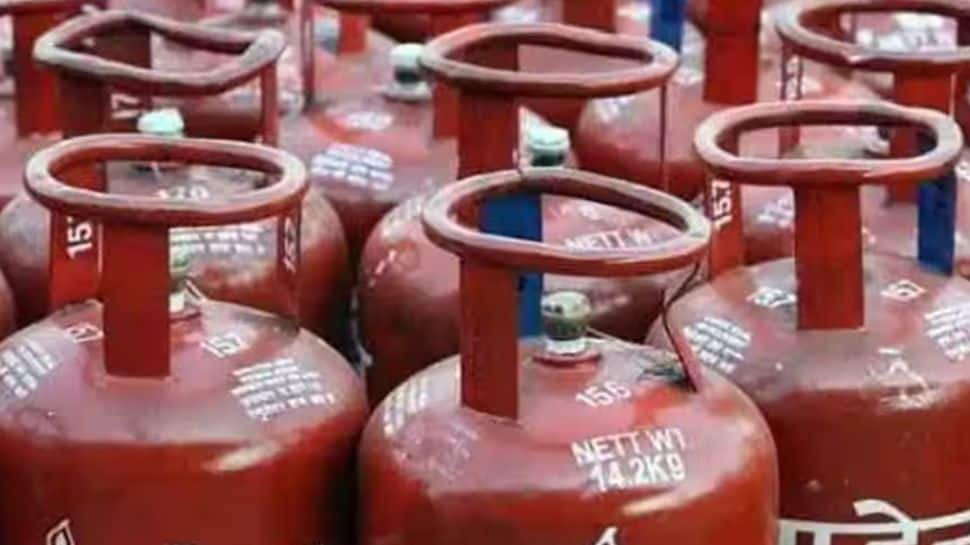
New Delhi: The All India LPG Distributors Federation has appealed Finance Minister Nirmala Sitharaman to reduce the Goods and Services Tax (GST) on LPG Suraksha Hoses (LPG pipes) from 18 per cent to 5 per cent. In the run up to the two-day GST Council meeting that started today, the Federation had written to the Union minister
In the letter, the Federation had stressed that the LPG Suraksha Hose is not a luxury product but a mandatory safety component essential for transporting gas safely from cylinders to stoves. “As LPG is already under essential commodities and distributed under subsidy schemes to millions of families, imposing such a high GST on a safety accessory is contradictory to the government’s vision of “Ujjwala se Suraksha”,” the letter read.
Since August 2015, every household using LPG is required to replace these hoses periodically as per Oil Marketing Companies (OMCs) and Petroleum and Explosives Safety Organization (PESO) guidelines. Currently, the 18 per cent GST rate makes these safety hoses costly for many families, especially economically weaker households, rural consumers, and beneficiaries of the Pradhan Mantri Ujjwala Yojana (PMUY), they argued.
According to the Federation’s President Chandra Prakash, lowering the GST to 5 per cent would not reduce tax revenue instead, it could increase it, as more consumers would purchase authorized BIS-approved hoses rather than cheaper, unsafe alternatives from the open market.
“We assured you that total GST on Suraksha hose will also increase because now a days majority consumers purchasing substandard LPG pipe-Suraksha Hose from open unauthorized market hence loss of GST revenue. We assured yourself that LPG user will buy from oil companies authorized channels partners if GST reduces to 5 per cent instead of 18 per cent,” the letter read.
“This small fiscal step will have a large social impact by strengthening household safety and supporting the government’s vision of Har Ghar Surakshit LPG,” Prakash said in the letter. The two-day meeting, being held on September 3 and 4, is expected to bring significant changes to India’s indirect tax structure, with discussions centred around rationalising and reducing the number of GST slabs.
In the Independence Day speech from the ramparts of the Red Fort this year, Prime Minister Narendra Modi announced upcoming next-gen GST reforms before Diwali so as to benefit consumers, small industries and MSMEs.
Business
Morrisons reveals £381m annual loss but hails solid festive trading

Supermarket Morrisons has revealed annual losses of £381 million after hefty borrowing costs but enjoyed a resurgent sales performance over Christmas.
The UK’s fifth largest grocery chain reported a £381 million pre-tax loss for the year to October 26 after it faced a £281 million interest bill on its debt mountain, although it said this was narrowed from losses of £414 million in 2023-24.
The group – owned by US private equity firm Clayton, Dubilier & Rice – said it cut debts by 10% over the year, but still ended 2024-25 with a £3.1 billion debt pile.
Morrisons added that on an underlying basis and stripping out costs such as debt interest, its earnings remained flat at £835 million, with progress held back by rising costs and a cyber incident that caused an IT systems outage just before Christmas 2024, impacting product availability.
The group said measures in the 2024 budget, such as last April’s national insurance contributions tax hike and minimum wage rise, sent costs surging by £200 million in the past financial year.
It said it cut costs by £233 million in the year to October 26 and is making further savings over the current financial year to meet its £1 billion target.
This is not set to include job losses among its 95,000-strong workforce, although bosses said the group would not replace some workers as they left in an effort to make savings and as it rolls out initiatives such as electronic shelf price tags.
Over Christmas, the firm said like-for-like sales growth picked up to 3.4% in the crucial six weeks to January 4, helped by strong demand for its own-brand premium range, which saw sales jump 17.4%.
It cheered a “good performance in a competitive market”, with non-food sales also up 10% and its clothing range seeing a 4.7% increase over the Christmas period.
The festive sales jump marked an improvement on trading in the full year to October, when like-for-like sales lifted 2.8%, with growth slowing to 2.4% in the final quarter.
Rami Baitieh, chief executive of Morrisons, said: “In a year when consumers were feeling the squeeze, we grew like-for-like sales for a 12th consecutive quarter, maintained Ebitda (earnings before interest, taxes, depreciation, and amortisation) and our market share.”
He said the results “demonstrated our resilience in the face of some tough external headwinds, from the cyber incident, rising inflation and Government cost increases, which we worked hard to offset”.
Mr Baitieh added: “We had a good Christmas in 2025, providing a solid foundation for the first quarter.
“As we enter 2026, the grocery market remains competitive and we are committed to our focus on delivering good value and keeping prices low for customers.”
He said consumers were under pressure at the end of last year, with “the impact of the Government cost increases, with inflation and budget uncertainty all weighing on customer sentiment” and added consumer confidence was still “not at its best” in 2026.
Recent industry data from Worldpanel suggested Morrisons’s market share slipped over Christmas, to 8.5% in the 12 weeks to December 28, down from 8.6% a year earlier despite the sales rise.
The gap with rival Lidl is closing and experts have said the German discounter could overtake Morrisons in the coming months if its current momentum continues.
Morrisons said it cut costs and borrowings in the year to October 26, with its debt now down by 46% from a peak seen in 2022.
Jo Goff, chief financial officer of Morrisons, said: “We worked hard during the year to offset the significant and unexpected cost headwinds arising from the Government’s 2024 budget and other inflationary pressures, with our cost reduction programme delivering savings of £233 million, to take the total to date to £845 million.
“We expect to exceed our £1 billion savings target by the end of 2025-26.”
Business
EU–Mercosur trade pact: Parliament sends deal to EU court, farmers celebrate while exporters flag risks – The Times of India

The European Parliament has voted to refer the recently signed EU-Mercosur free trade agreement to the bloc’s top court, pushing the long-negotiated pact into legal uncertainty just days after it was sealed, according to an AFP report.Lawmakers in Strasbourg voted 334 to 324 in favour of asking the Court of Justice of the European Union (CJEU) to examine whether the agreement complies with EU rules. The move follows the signing of the deal on Saturday with Brazil, Argentina, Uruguay and Paraguay, aimed at creating one of the world’s largest free trade areas.
The decision was greeted with celebration by farming groups, particularly from France, which has led opposition to the pact over concerns about agricultural imports. Hundreds of farmers gathered with tractors outside the European Parliament ahead of the vote and cheered as the result was announced.“We’ve been on this for months and months, for years,” Quentin Le Guillous, head of a French young farmers’ group, told AFP. “Tonight, I’m going home, I’m going to kiss everyone, and I’m going to tell my kids, ‘I got it, we got it, we can be proud.’”The court referral deals a setback to the European Commission, which negotiated and champions the agreement. Commission President Ursula von der Leyen had earlier described the pact as a “historic deal,” especially at a time when countries are seeking new trade partners amid tariff threats from the US administration.The Commission said it “regrets” the parliament’s decision. Trade spokesman Olof Gill said the questions raised by lawmakers were “not justified,” arguing that the Commission had already addressed concerns in detail.At the heart of the legal challenge is whether the agreement can be partially applied before full ratification by all EU member states, and whether it improperly limits EU powers on environmental and food-safety standards.The decision also drew criticism from industry. Hildegard Mueller, head of Germany’s auto industry group VDA, said the vote sent a “devastating sign” and risked alienating Mercosur partners at a time of heightened geopolitical uncertainty.Germany, Spain and Nordic countries back the deal, viewing it as a way to boost exports amid competition from China. German Chancellor Friedrich Merz said after the vote: “We are convinced of the legality of the agreement. No more delays. The agreement must now be provisionally applied.”However, France, Poland, Austria, Ireland and Hungary remain opposed, citing risks to domestic agriculture. French Foreign Minister Jean-Noel Barrot said, “The fight continues to protect our agriculture and guarantee our food sovereignty.”The EU-Mercosur deal would ease tariffs on more than 90 per cent of bilateral trade, favouring European exports such as cars, wine and cheese, while opening EU markets further to South American beef, poultry, sugar and soy.Together, the EU and Mercosur account for around 30 per cent of global GDP and more than 700 million consumers.
Business
Forget Budget Homes! Luxury Housing Sales Reach 4-Year High As Indians Opt For High-End Flats
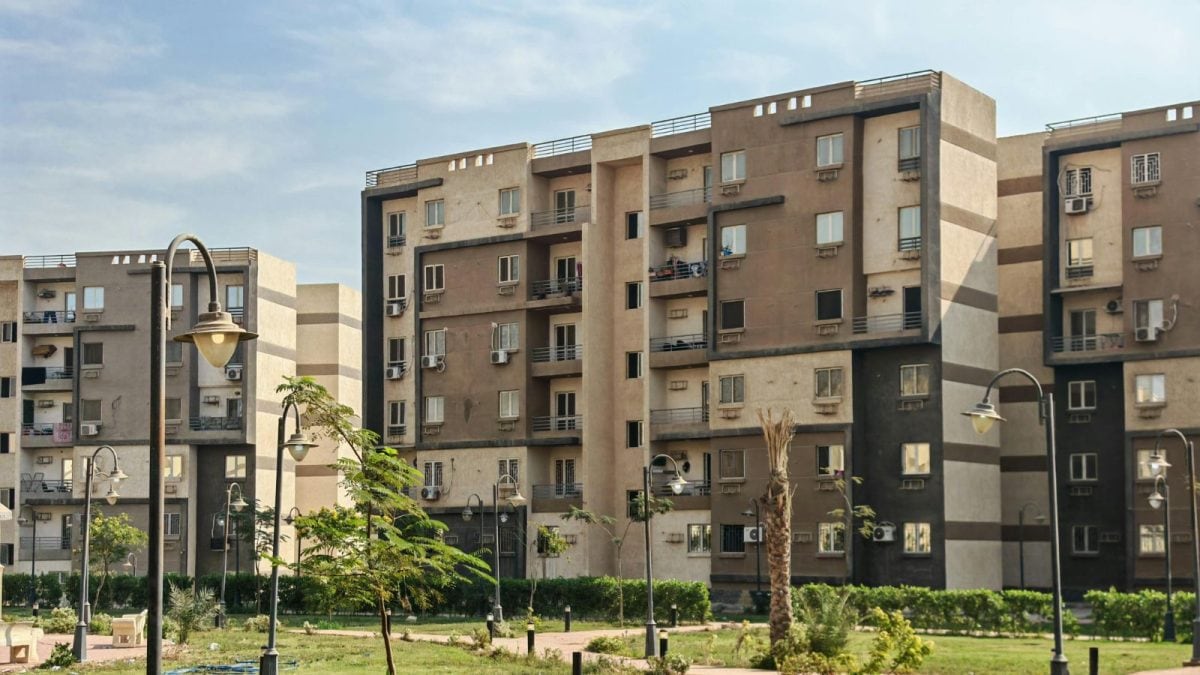
Last Updated:
Luxury homes made up 27% of Indian residential sales in 2025, with high demand in Mumbai, Delhi-NCR, Bengaluru, and Hyderabad

The report noted that around 62,500 homes were sold during the October–December 2025 quarter
The residential real estate market is undergoing a decisive shift, with luxury housing emerging as the dominant growth driver and redefining buyer preferences across the country. Once led by demand for compact and affordable homes, the market has now firmly entered what industry observers describe as a “luxury era”, where larger homes, premium locations and lifestyle-driven amenities have become central to purchasing decisions.
The year 2025 has proved to be a watershed moment for this transformation. According to the India Market Monitor Q4 2025 report, luxury homes accounted for nearly 27% of total residential sales during the year, bringing the segment within striking distance of one-third of all housing transactions. For the first time, sales of premium and luxury homes outpaced those in the mid-income and affordable categories.
The scale of the shift is striking. In 2022, premium and luxury homes made up just about 12% of total residential sales. In a span of four years, that share has more than doubled, signalling a rapid change in the aspirations and spending power of Indian homebuyers.
Industry experts attribute this surge to a combination of economic and demographic factors. Sustained salary growth in the corporate sector, the expansion of the startup ecosystem, rising entrepreneurial incomes and strong participation from non-resident Indian (NRI) investors have significantly boosted purchasing capacity at the top end of the market.
“Today’s crore-plus homebuyers are looking well beyond basic shelter,” said Yash Miglani, Managing Director of Migson Group, “They want larger homes in prime locations, global-standard amenities and a sense of exclusivity. Features such as clubhouses, swimming pools, landscaped green spaces, smart home technology and sustainable design are no longer add-ons, they are expectations.”
Developers, too, are recalibrating their strategies in response. Many are increasingly prioritising high-end and super luxury projects, particularly in markets where demand has shown resilience even during periods of economic uncertainty.
The definition of luxury, however, continues to vary across cities. In Mumbai and the Delhi-NCR region, homes priced between Rs 1.5 crore-Rs 3 crore are typically classified as premium. In Bengaluru and Hyderabad, the range is narrower, between Rs 1.5 crore-Rs 2.5 crore. At the same time, cities such as Pune, Chennai and Kolkata are witnessing rising demand for homes priced above Rs 1.25 crore, underscoring that luxury housing is no longer confined to a handful of metros.
Harvinder, Chairman of Sikka Group, said strong demand in NCR, Mumbai and Bengaluru reflects the underlying strength of the housing market. “Infrastructure upgrades, improved connectivity and sustained corporate expansion have pushed high-end residential projects to a new level,” he said, adding that the premium and luxury segment is likely to maintain steady growth over the next five to seven years.
The momentum is even more pronounced at the very top of the market. The super luxury segment recorded a sharp rise in 2025, with demand increasing by nearly 70% over the year. Growth during the October–December quarter alone exceeded 60 per cent, pointing to heightened interest from ultra-high-net-worth individuals, who increasingly view real estate as a stable and secure asset class.
“Buyer attitudes have changed fundamentally,” said Amit Modi, Director of County Group, “There is a clear preference for larger, better-planned homes with superior amenities, especially in metro and tier-1 cities. Real estate is no longer seen merely as a necessity, it has become a status symbol and a long-term investment.”
The report noted that around 62,500 homes were sold during the October–December 2025 quarter, while approximately 60,000 new units were launched in the same period. Mumbai, Pune, Delhi-NCR and Hyderabad accounted for the bulk of the transactions, indicating a healthy equilibrium between demand and supply.
For developers, the shift marks a critical inflection point. Success today depends on far more than pricing, said Kushagra Ansal, Director of Ansal Housing, adding, “Design excellence, location, sustainability and reliability of delivery are now decisive factors. The growing appetite for luxury and super luxury homes shows that the market has matured and become quality-driven.”
January 21, 2026, 18:44 IST
Read More
-

 Tech1 week ago
Tech1 week agoNew Proposed Legislation Would Let Self-Driving Cars Operate in New York State
-

 Entertainment1 week ago
Entertainment1 week agoX (formerly Twitter) recovers after brief global outage affects thousands
-

 Sports6 days ago
Sports6 days agoPak-Australia T20 series tickets sale to begin tomorrow – SUCH TV
-

 Politics4 days ago
Politics4 days agoSaudi King Salman leaves hospital after medical tests
-

 Business5 days ago
Business5 days agoTrump’s proposed ban on buying single-family homes introduces uncertainty for family offices
-

 Fashion4 days ago
Fashion4 days agoBangladesh, Nepal agree to fast-track proposed PTA
-

 Tech7 days ago
Tech7 days agoTwo Thinking Machines Lab Cofounders Are Leaving to Rejoin OpenAI
-

 Tech6 days ago
Tech6 days agoMeta’s Layoffs Leave Supernatural Fitness Users in Mourning


